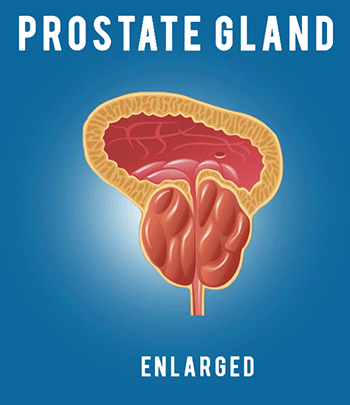Conventional Treatments Of The Kidney
Conventional treatments of the kidney
Conventional treatment options for Kidney Disease
Conventional therapy for kidney disease refers to the allopathic approach to it; these options try to reduce the burden on kidney and remove toxins from the body with medical intervention.
Conventional treatments aim in trying to reduce the disease with fairly aggressive regimes when it comes to the medicines. These will range from diet modifications to dialysis three times a week depending at what stage the kidney failure is.
If the renal dysfunction is just at the start, it is usually treated with rest and dietary modifications. Rest is important as it reduces the metabolic burden which in turn produces fewer toxins in the body for the kidney to flush out. This gives the kidneys a chance to repair.
For people who have serious and chronic form of the kidney disease, dietary modifications play a really big role in treating them. For example, people with kidney stones are advised to drink more in order to flush out the stones and prevent the condition from occurring again. Portion for fruits and vegetables are increased and meat is reduced in such cases.
In cases of diabetes a strict diet is designed with significant reduction in refined carbohydrates. These diet modifications are usually completed with blood sugar controlling medicines to improve the condition and halt the damage.
In some cases where kidneys have end stage failure, fluids need to be cut down along with food reduction as the kidneys cannot bear the load anymore. In such cases, dialysis or transplant options are the last resorts.
Medications for hypertension reduce the pressure around the kidneys and help in better blood flow and increased filtration rate. In cases of infections antibiotics are prescribed to treat the infections and prevent the kidneys from going into acute renal failure. Conventional therapy and management for acute renal failure is different in comparison to treatment options for chronic renal failure.
In acute conditions the treatment needs to be quick and effective with the maintenance of fluids and electrolyte levels. The patient is then monitored and goes through dialysis three times a week lifelong. Stem cell therapy options are still under trials, but provide us with the hope to reverse the cases of acute renal failure.
Lithotomy is a non-invasive procedure where large stones are broken down with shock waves. This procedure is nearly painless and the disease has a great prognosis. The patient is simply required to drink large amounts of water after the procedure to excrete out the remainder in urine.
For diseases like renal carcinoma (cancer of the kidneys) chemo therapy and radiotherapy are extremely important to treat and save the kidneys at early stages. However, in worst cases of cancer the kidneys are removed.
In other cases where genetic diseases like polycystic kidney disease come into play, renal failure is seen at ages 25 – 30 years. In such cases the donor cannot be an immediate family member as the disease shows equal risk in all siblings with this gene. The patient is either required to be on dialysis for whole life, or find such a donor.
Conventional therapies are still considered as the first line of treatment for kidney diseases. However, many people have started going for herbal/ alternative therapies as these show improvement without significant side effects.


